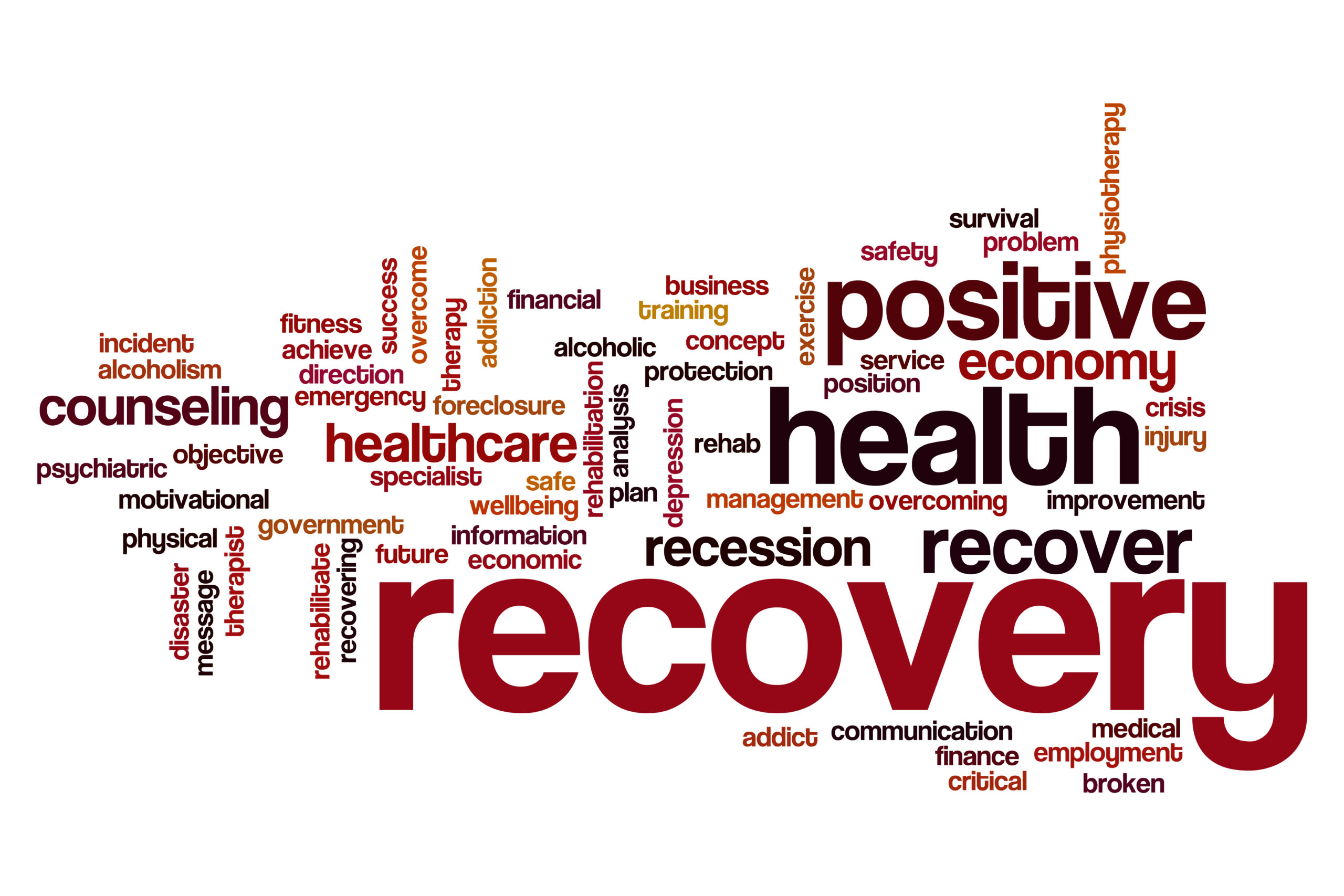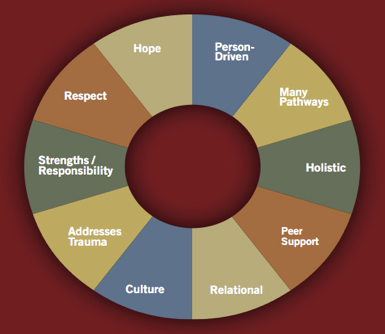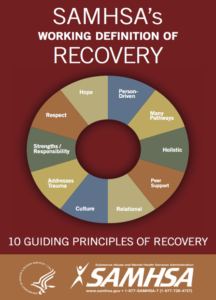Ringing in the New Year brings about a mindset of reflectiveness and a desire for transformation. As the calendar changes over, people are given the chance for a fresh start and are once again motivated to push themselves towards goals that had been previously set aside. These objectives are often personal, but what if you want to improve more than just yourself? What if, in 2023, you want to see the whole of your organization grow and flourish in a way that benefits both your employees and your clients? In that case, there’s no better time to start pursuing accreditation!
Accreditation goes beyond simple certification: it ensures that an institution adheres to nationally recognized standards centered on safety and quality care. Individuals seeking out treatment for themselves, or for a loved one, know that an accredited facility will have commitment to higher standards and monitor their operations on a regular basis, which provides a sense of security for everyone involved. Beyond this, accreditation will improve the environment of the organization as a whole by streamlining procedures and implementing easily-followed structures for staff and leadership
Some benefits of accreditation include…
- Improves quality outcomes
- Internal standardization of processes
- External validation of the quality of programs and services
- Increased efficiencies from improved practice consistency
- Tightens administrative practices
- Focus on staff recruitment, training, supervision, and retention
- Increased emphasis on risk management
- Improves credibility and boosts reputation
- Improved competencies of supervisors and staff
- Increased revenue
With the new year comes an opportunity for new focus, and whether you’ve been considering accreditation for a while or it’s only just come to mind, 2023 is the perfect year to get started. Even if you’re already accredited, time needs to be devoted to proactively maintaining your accredited status. Taking a moment to review your policies in preparation for your next survey can ensure it will be a smooth and seamless process, and perhaps it’s time to consider if your current accrediting body is still the right fit for your organization.
If you’d like to learn more about how Accreditation Guru can help make your life easier when it comes to preparing for (re)accreditation or maintaining your accredited status, feel free to contact us or schedule a 30-minute Zoom call with one of our experts.
For more information or questions about the contents of this article, please write or call Jennifer Flowers @ Jennifer@AccreditationGuru.com/212.209.0240. This post contains original content and was written for Accreditation Guru, Inc. Use of this copy is permitted with credit and reference within the same body of copy to Accreditation Guru, Inc.











